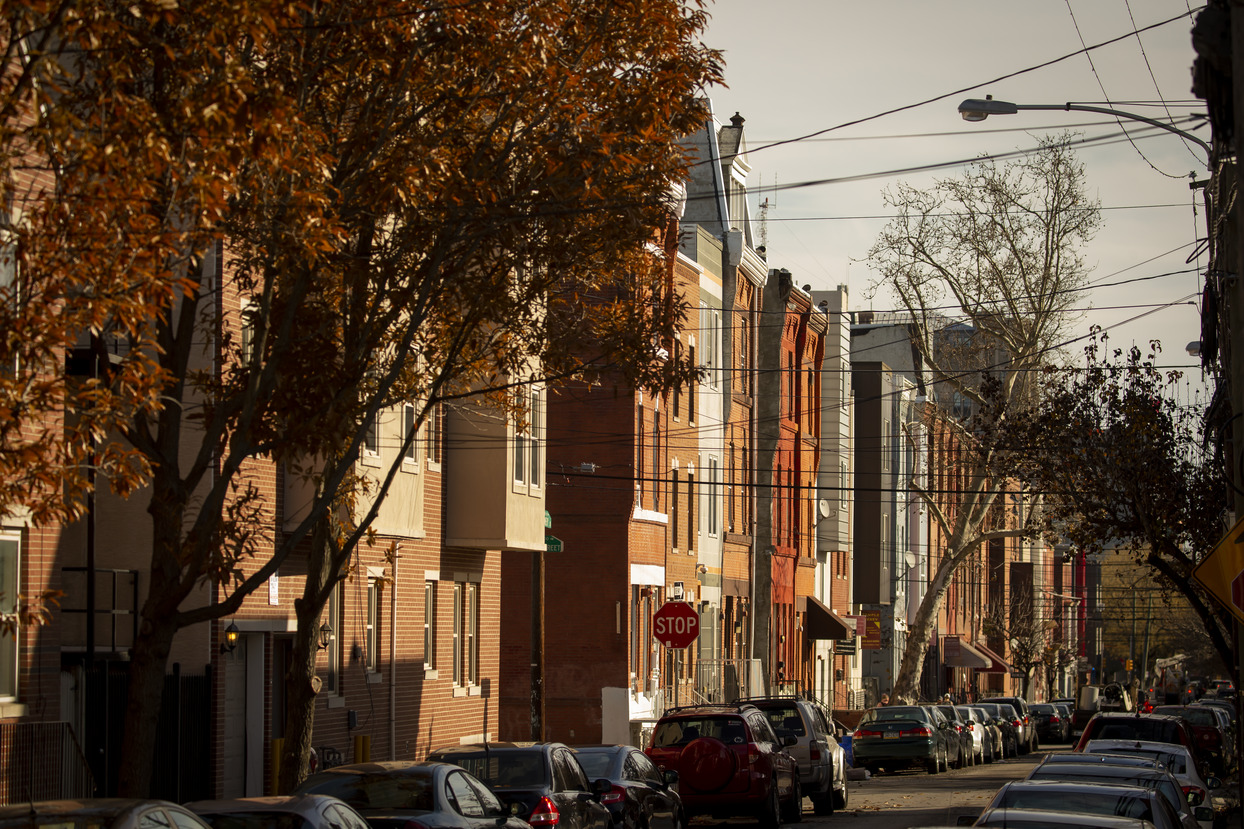Discover How Temple University and the Office of Sustainability Promote Sustainable Off-Campus Living
As Temple University and the Office of Sustainability strives toward a more equitable and sustainable future, initiatives like the Best Nest Program are making a difference in students’ off-campus living experience. This self-certification initiative not only prioritizes safety and community responsibility but also incorporates sustainability-focused practices, aligning with Temple’s commitment to a greener campus and community.
What is the Best Nest Program?
The Best Nest Program is designed to support safe, secure, and sustainable off-campus living for Temple students. This program offers a structured framework that helps students find housing that meets specific environmental, safety, and community standards. Properties within Temple’s patrol zone can opt into this program and qualify for either a Cherry or Diamond certification level, reflecting criteria similar to those of on-campus residence halls.
Certification Levels: Cherry and Diamond
- Cherry Certification: This level focuses on crime prevention, requiring a valid landlord license, adequate outdoor lighting, and outdoor cameras with retrievable footage to ensure tenant safety.
- Diamond Certification: Building upon Cherry standards, this level incorporates additional criteria related to residential safety and neighborhood responsibility. Properties must have no “unsafe” code violations, minimal noise and trash violations, and adequate trash and recycling storage facilities, aligning with sustainable and community-friendly practices.
How Students Can Use the Program
Students can filter for Best Nest certified properties on Temple’s Off-Campus Housing listing website. Additionally, during the Fall and Spring Off-Campus Living Fairs, students have the opportunity to learn more about the program, review feedback from peers on properties, and access a checklist for property visits.
How Students Can Use These Resources to Live Sustainably
Temple University offers various resources to help students embrace sustainable living, whether on or off campus. By making small changes in daily habits and utilizing available tools, students can significantly reduce their environmental footprint and contribute to a more sustainable community. Here’s how you can use these resources to make a difference:
- Green Living Site
Temple’s Green Living Site for tips and guides on sustainable practices. From energy-saving strategies to water conservation, this resource provides valuable insights into how you can incorporate sustainability into your daily routine.
- Energy Toolkit
Temple’s Energy Toolkit offers practical advice on reducing energy usage, which can help you save on utility costs while being environmentally conscious. Learn about energy-efficient appliances, smart lighting solutions, and other ways to minimize your energy footprint.
- How to Host a Block Cleanup
Participating in or organizing a block cleanup can make a big impact on your local environment. This guide provides step-by-step instructions for hosting a cleanup, including tips on gathering supplies, coordinating with neighbors, and responsibly disposing of collected waste. It’s a great way to connect with your community while promoting a cleaner, greener neighborhood.
Not Sure Where to Start?
Getting started with sustainable living can feel overwhelming, but there are resources available to make it easier. Here are some quick tips to help you begin your journey:
- Need a Recycling Bin?
If your landlord hasn’t provided you with a recycling bin, you can stop by the Office of Sustainability to pick up a recycling sticker. Placing this sticker on your bin lets the city know you’re participating in recycling through their partnership with phila.gov/recycling.
- Know Your Trash and Recycling Days
Trash and recycling pickup days vary depending on where you live. It’s essential to know your designated day to ensure proper disposal. To find out your pickup day, visit phila.gov/recycling, where you can enter your address for information.
- Understand Trash Limits
Philadelphia has specific guidelines on how much trash can be set out each week. Check with the city’s resources to understand your trash limits and avoid any unexpected issues on collection day.
Through the Best Nest Program and other sustainability resources, Temple University students are empowered to live sustainably, responsibly, and safely off campus.
